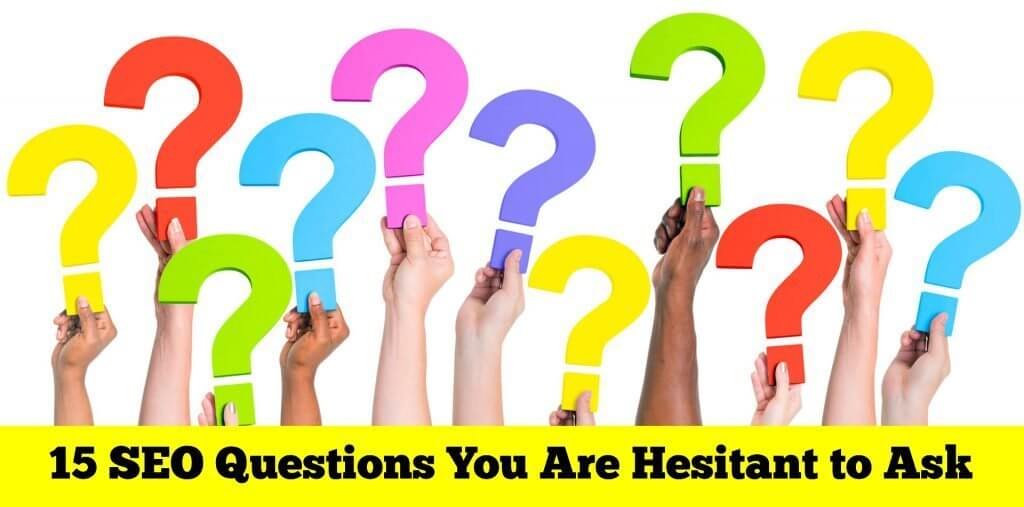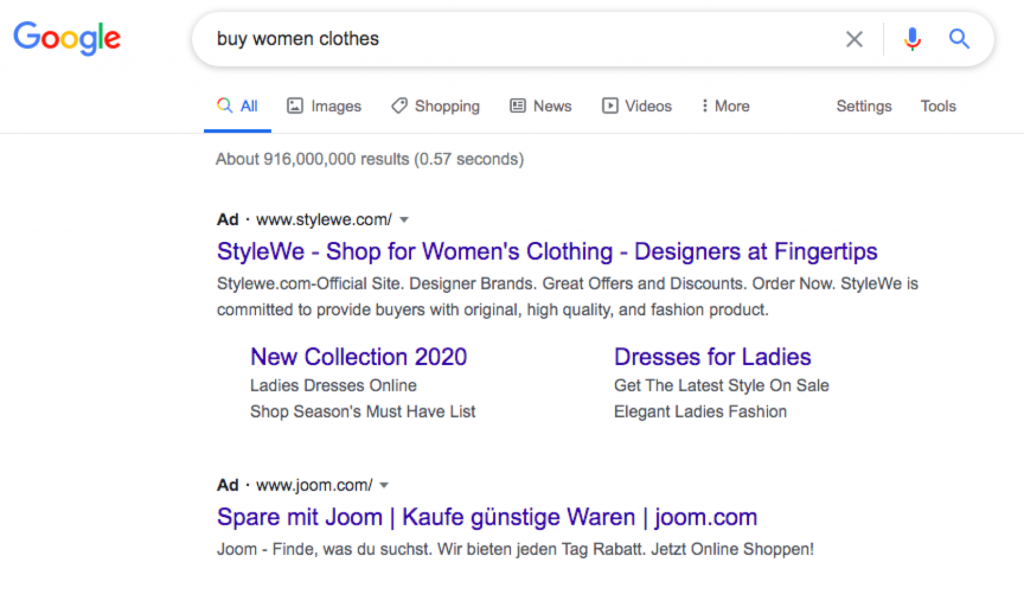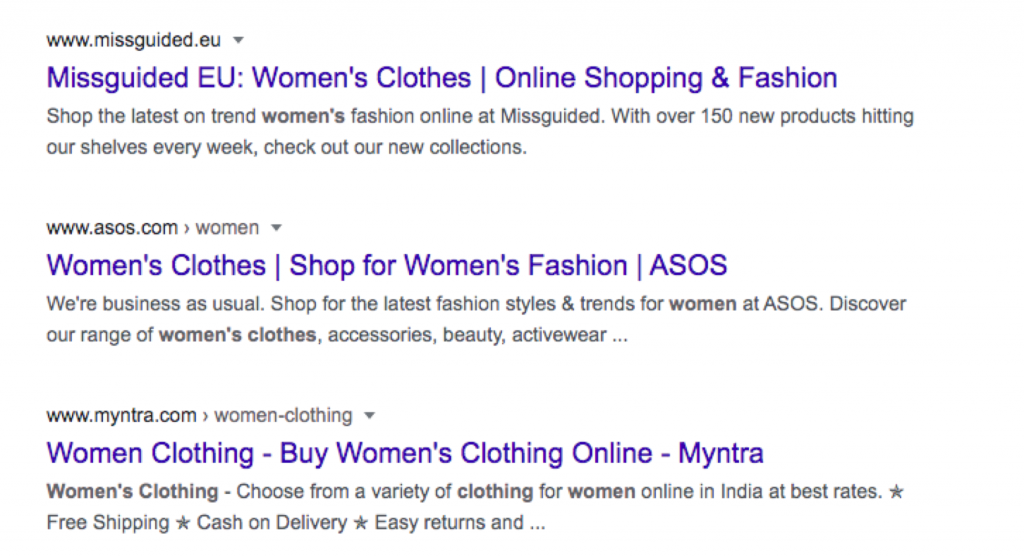15 SEO Questions You Are Hesitant to Ask

1. What is SEO?
SEO stands for “search engine optimization”, which is the practice of optimizing content to be discovered through a search engine’s organic search results. You can see it as a bunch of techniques to help your website become more visible in organic search results for the people who are looking for your brand, product, or service via search engines like Google, Bing, and Yahoo.
2. Do I need to have a knowledge of code to do SEO myself?
You do not need to know how to code for every element of search optimization. There are some more advanced SEO tactics that you will need a basic understanding of code for, but it isn’t necessary for every part.
3. Organic vs. paid results: any difference?
Organic results are the results that appear in search engines, for free, based on an algorithm. Paid — or inorganic — search results appear at the top or side of a page. Advertisers pay to appear on the top of search results. Take a look:

Here you can see the sign ‘ad’ which means that these are sponsored ads.

Here are organic results.
4. My domain name doesn’t include keyword – is that a problem?
Your primary domain should not include a keyword just for the sake of keyword optimization, surprisingly, yeah! Actually, it can even hurt your SEO. If your company name happens to have a keyword, that’s fine, but don’t go buying thebestgrassmowerswithrealreviews.com. Get what I mean?
5. “Meta descriptions” – what is that?
A meta description is the text that appears below your page in a search engine result that explains what the page is all about. Check the example below In this example, the meta description is “Learn the elements needed to write a comprehensive blog post in just 9 easy steps.”

Meta descriptions are still important, just not in the same way they used to. Initially they were used by the crawlers so that would know more about your page contents. Now, it’s all about catching the users eye: write something compelling that makes readers want to click so you can improve conversion rates from SERP results to your website.
6. What’s the difference between internal and inbound links?
Internal links are links on a page on your site that go to another page on your site. Inbound links are other websites that link to your content. Both are valuable for SEO.
7. Am I using too many or too little keywords on a page?
In fact, there’s no keyword density you should be aiming for. Using a keyword too many times can result in penalization due to “keyword stuffing.” The best approach here is to use keywords only when you need them. Yes, it might be challenge, but also it makes it easier: you can find enough natural opportunities to include keywords that you won’t even have to worry about reaching an arbitrary number.
8. How many internal links do I need on each page of content?
Just like you should avoid stuffing too many keywords into your content, you should avoid stuffing too many links into your content. Only include them when it improves the reader experience.
9. Is robots.txt somehow related to robots?
Haha, you wish! This is a page that gives search engines information about the pages a company wants indexed or crawled. You can find this page by doing to YOURDOMAIN/robots.txt.
10. What is the sitemap.xml file?
This file is an index of all the pages on your site. It’s a quick reference for search engines of content that you want indexed.
11. What pages are indexed?
It’s as easy as typing in site:www.YOURDOMAIN.com to find the pages on your site that are indexed.
And we kinda feel you want to ask about crawling and indexing here. Crawling and indexing are two distinct things and this is commonly misunderstood in the SEO industry. Crawling means that Googlebot looks at all the content/code on the page and analyzes it. Indexing means that the page is eligible to show up in Google’s search results. They aren’t mutually inclusive.
12. Why do you need alt text on your images?
Search engines cannot read images, but they can read text. The alt text helps them figure out what the images are all about. Plus, if a page doesn’t load for some reason, people can still find out what the image is by reading the alt text.
13. How long does it take to see results from SEO?
Some website owners claim to see results in as little as two weeks, while others report it to take as long as six months. It depends on some factors such as:
-The amount of content you create
-The quality of the content
-How does your audience react to your content
-The age and authority of your site
-If you’re a big or small site with strong or weak domain authority
-Any penalties hindering your ranking
A large site could possibly see results in a couple of days if a search engines is crawling their site regularly. Smaller sites will most likely take longer because they get crawled less frequently. Wait at least a week, but probably closer to a month, before you consider changing your SEO strategy — a bit longer if you’re brand new to SEO.
14. Should I hire someone to do my SEO?
Hiring someone internally or externally to do your SEO can be helpful, but it can also be dangerous if that person doesn’t actually know the modern rules of SEO. Google goes into the risks of hiring the wrong SEO person in this support doc.
15. What’s a goal to set for your SEO?
When you think about your goal for SEO, don’t just think about the top of the funnel and how many more visits you’re getting to your website. Think about SEO as a part of the full marketing funnel: how much quality traffic you’re getting to your website, and how it contributes to the sales volume.
Feeling stuck during pandemic? Don’t be! Check out this post. Your techniques might change a little bit, but still, everything is doable! Also, don’t believe those who say SEO must be super expensive. No, no and no! Here are the tools which are affordable and truly work, so again, sky is the limit!